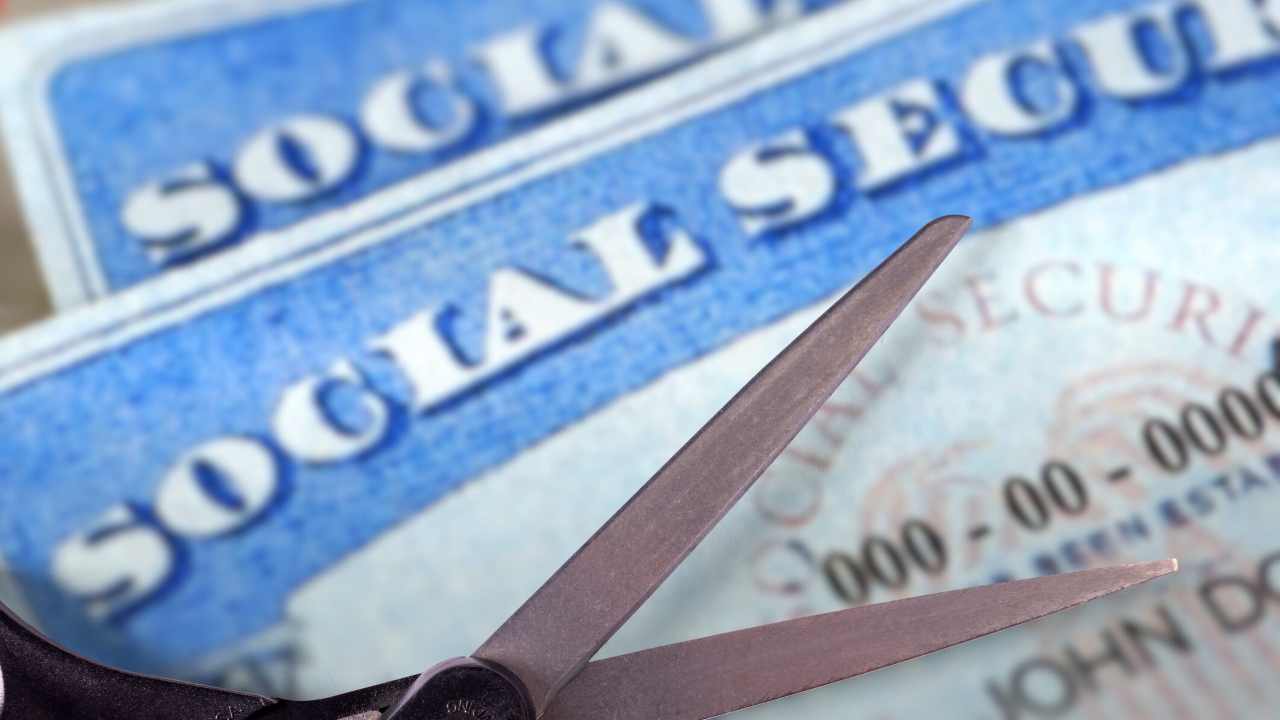The envelope from the Social Security Administration (SSA) looks like any other piece of bureaucratic mail. For thousands of Americans, however, it contains not a benefit, but a bill. It is a notice of overpayment, a stark declaration that the government has paid them too much, and now, it wants it back.
For beneficiaries living on the financial edge, a Social Security overpayment notice isn’t an accounting error; it is a seismic event that threatens to collapse their fragile stability. Imagine, for a moment, that your sole monthly income is a Social Security check. It covers the rent, the groceries, the medications—barely, but it covers them.
When a Social Security checks is cut in half
Now imagine that check is suddenly cut in half. This is not a hypothetical exercise. For individuals receiving Retirement, Survivors, or Disability Insurance (SSDI) benefits, the SSA can withhold up to 50% of their monthly payment to recoup an alleged overpayment.
The math is brutal and the consequences are human: the choice between food and rent, between a prescription and the electric bill. The causes are often a labyrinth of paperwork and circumstance. A recipient of SSDI might, in a hopeful attempt to re-enter the workforce, earn a few dollars over the limit for “Substantial Gainful Activity” during their trial work period and fail to report it in time.
A recipient of Supplemental Security Income (SSI) might experience a change in living arrangements or a small, unexpected gift of cash that pushes them over a rigid resource limit. Sometimes, the error is not theirs at all; it is a delay or a data-entry mistake within the vast SSA system itself.
While the agency is quick to note that overpayments represent less than 1% of the trillion-plus dollars it pays out annually, that fraction translates to real human struggle. It is a $23 billion problem, with that amount in overpayments still on the books as of late 2023, waiting to be recovered from some of the nation’s most vulnerable citizens.
What’s next when you get an SSA overpayment notice
The process begins with a letter. It details the amount owed, the reason, and the options: pay it back in full within 30 days, appeal, or request a waiver. The language is formal, the instructions precise. For someone who is elderly, disabled, or simply terrified, it can feel like an indecipherable verdict.
“The immediate reaction is pure panic,” says a caseworker from a non-profit legal aid society, who requested anonymity to speak freely. “We see clients who get this letter and they shut down. They think they’ve done something criminal. The stress exacerbates health conditions, it triggers anxiety attacks. This isn’t just about money; it’s about a fundamental fear that the system they depend on has turned against them.”
The lifeline, for those who can grasp it in time, is action. Beneficiaries have 90 days from the notice to respond and prevent automatic withholding. There are three paths:
- An appeal (reconsideration), for those who believe the overpayment never happened or the amount is wrong.
- A waiver, which is a request to not have to repay the money. This is granted if the beneficiary is without fault and repaying would cause financial hardship or be “against equity and good conscience.” The burden of proof is on the individual to lay bare their finances, to prove their poverty to escape a debt.
- A repayment plan, where one can negotiate to pay back as little as $10 a month, a small but relentless drain on an already strained budget.
The most contentious issue is the withholding rate. In a whiplash-inducing series of policy shifts, the default rate for new overpayments in Title II benefits (SSDI, retirement) was recently set at 50%. This means that without a successful appeal or waiver, a beneficiary’s monthly check is halved until the debt is satisfied. For SSI, the rate has remained a comparatively lower 10%.
What to do if you received an overpayment notice
The SSA, for its part, emphasizes that it is required by law to recover overpayments and that it does work with individuals on a case-by-case basis. They note that recovery is paused during an appeal or waiver request and that hardship exceptions exist.
The recent rollercoaster of policy changes—from a reduced 10% rate to a briefly proposed 100% rate, before settling at 50% after public outcry—reveals an internal struggle within the system itself: the mandate to be fiscally responsible versus the moral imperative to do no harm.
For those receiving benefits, vigilance is the first and best defense. Reporting any change in income, resources, or living situation immediately via the SSA’s website, phone lines, or myWageReport app is what’s going to save your payment. Regularly checking one’s account through the my Social Security portal can provide early warning.
If you receive an overpayment notice, act immediately. You can find information and forms at ssa.gov/overpayments or call 1-800-772-1213. Seek help from a local legal aid organization if you feel overwhelmed. Your time to respond is limited, and your financial stability may depend on it.







